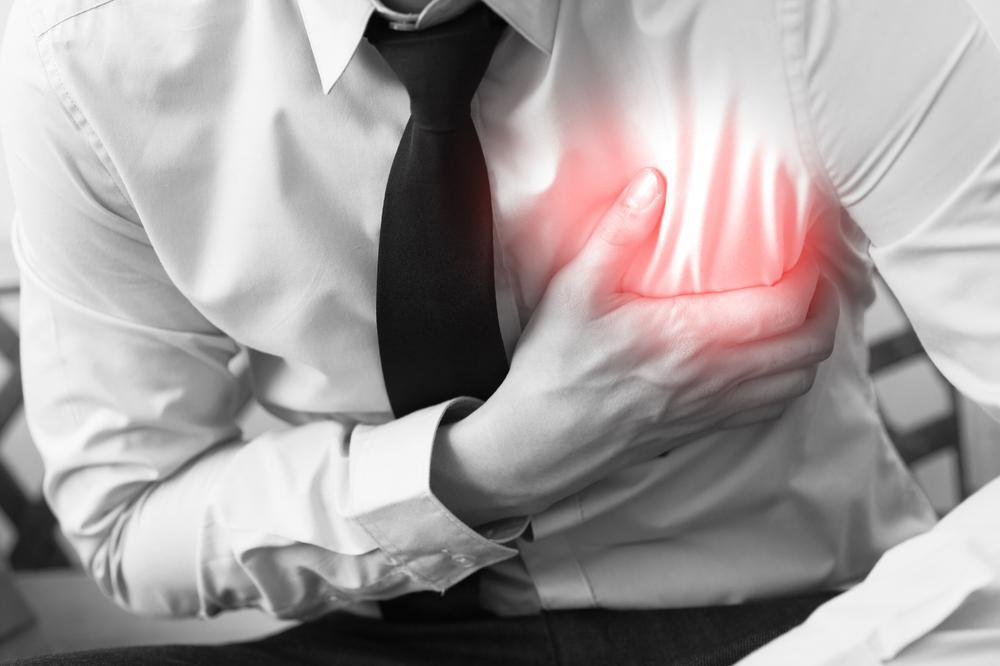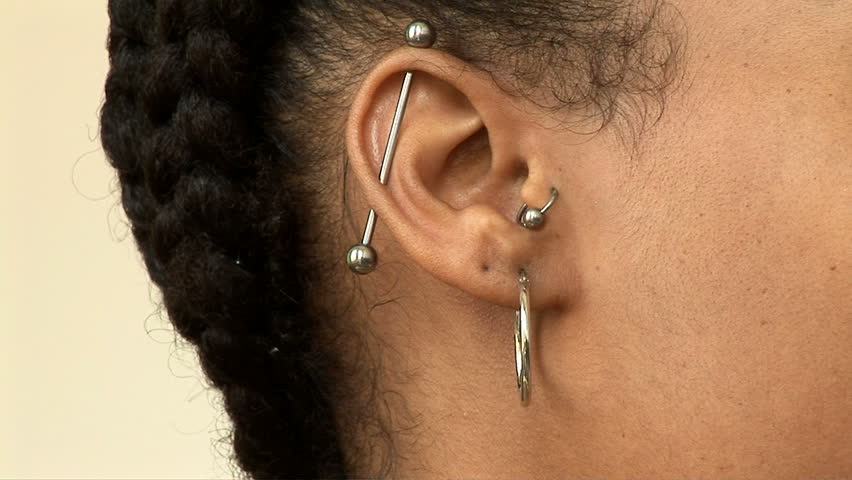Contents:
- Medical Video: Alex Jones: Last Week Tonight with John Oliver (HBO)
- Causes of itchy and runny skin
- 1. Impetigo (bacterial infection)
- 2. Allergic contact dermatitis
- 3. Irritant contact dermatitis
- 4. Herpes simplex virus
- 5. Chickenpox and shingles
- When should I see a doctor?
Medical Video: Alex Jones: Last Week Tonight with John Oliver (HBO)
The condition of the itching in the body is normal and often happens to anyone. Maybe you often underestimate this condition. However, if itching appears with the formation of lumps and runny water, there may be other underlying diseases. What conditions cause itchy and runny skin? Consider the following review.
Causes of itchy and runny skin
Reporting from Live Strong, there are several conditions that cause itchy and runny skin. Actually, to find out exactly what disease or condition you have, the best way is to immediately see a doctor. However, you might suspect the following five causes.
1. Impetigo (bacterial infection)
Impetigo is a bacterial infection that commonly occurs in the outermost layer of the skin (epidermis). The bacteria that causes impetigo is a type Streptococcus and Staphylococcus which often enters the skin pores. This condition is prone to occur in infants and children. However, adults can also get impetigo if their skin condition is sensitive. Skin blisters due to impetigo can appear on the face, arms or legs.
The symptoms of impetigo include the appearance of a red dot, which blisters, and feels itchy. When exposed to friction due to scratching, these blisters will break and release water. The liquid when it comes to other skin will be contagious. Therefore, this condition can be transmitted through clothing, towels, sheets, and other personal objects.
Scratching blisters can also spread impetigo to other body parts. To stop the spread of infection, doctors will usually give antibiotic ointments or antibiotics taken, and will heal within two weeks.
2. Allergic contact dermatitis
This condition is a reaction of the skin affected by an allergen substance. For example nickel, fragrance, rubber and other allergens. Usually the skin will feel itchy after a while after the skin is exposed to the substance. Then, langs will form which if they continue to be scratched will break and release water.
3. Irritant contact dermatitis
This condition occurs not due to allergies, but rather to toxic chemicals that are exposed to the skin. Initially the skin will swell red, accompanied by itching. If it continues to be scratched and broken, it will release fluid and peel off the skin. If inflammation continues, this will cause skin cracks. Steroid ointments or topical creams are usually given by doctors to reduce the discomfort caused by irritation.
4. Herpes simplex virus
This virus generally infects the moist skin surface. Initially itching appears, accompanied by tingling or burning in the local area of the skin which indicates the appearance of disease. After being scratched, a liquid lug will appear. If it breaks, the liquid will continue to spread to other affected parts of the skin.
Even though this disease lasts a lifetime, antiviral drugs will reduce the number of symptoms and severity of symptoms. This virus can develop and become genital herpes.
5. Chickenpox and shingles
This condition is indeed known by its symptoms which cause the appearance of small red spots in the form of lumps, itching, and when the liquid bursts out. Smallpox will dry out and leave a scar.
Apart from these symptoms, you may feel a fever and headache. The lump will appear on several parts of your body and more and more. Usually smallpox is more common in children.
Those of you who have experienced chickenpox will not get this disease in the future. However, the virus can develop in your nerve cells within a few years to become herpes zoster (snakepox) when the immune system weakens. Both are caused by the same virus, namely Varicella zoster. This condition can cause small lumps such as smallpox but accompanied by a sore feeling on the skin.
Smallpox can actually be prevented with smallpox vaccine. So that chickenpox is not contagious, you should reduce physical contact with patients if you have never had this disease.
When should I see a doctor?
When itching and runnyness appear, especially with a fever and a rash that continues to spread that makes you uncomfortable, you should immediately see a doctor. The doctor will provide the right diagnosis and treatment for you. Then, do not arbitrarily use other drugs, it is better to use drugs that are prescribed from a doctor to avoid complications. When you have recovered, it is important for you to keep your body clean and keep your body healthy and fit, so that your immune system is able to fight viruses or bacteria.












